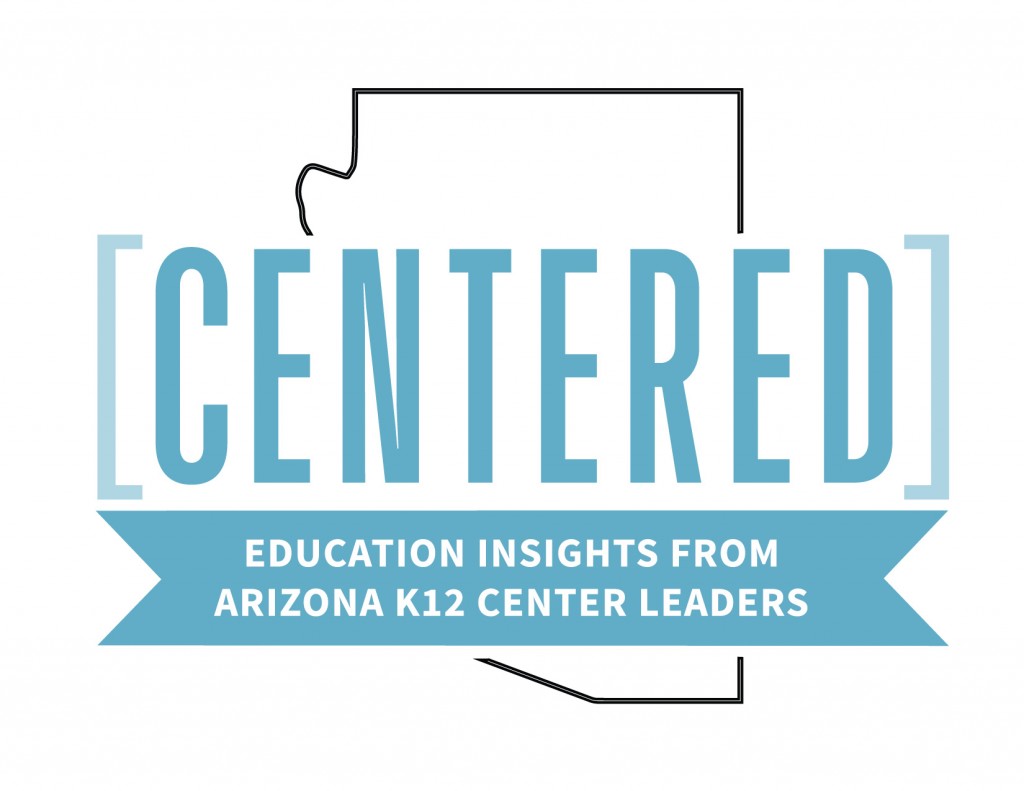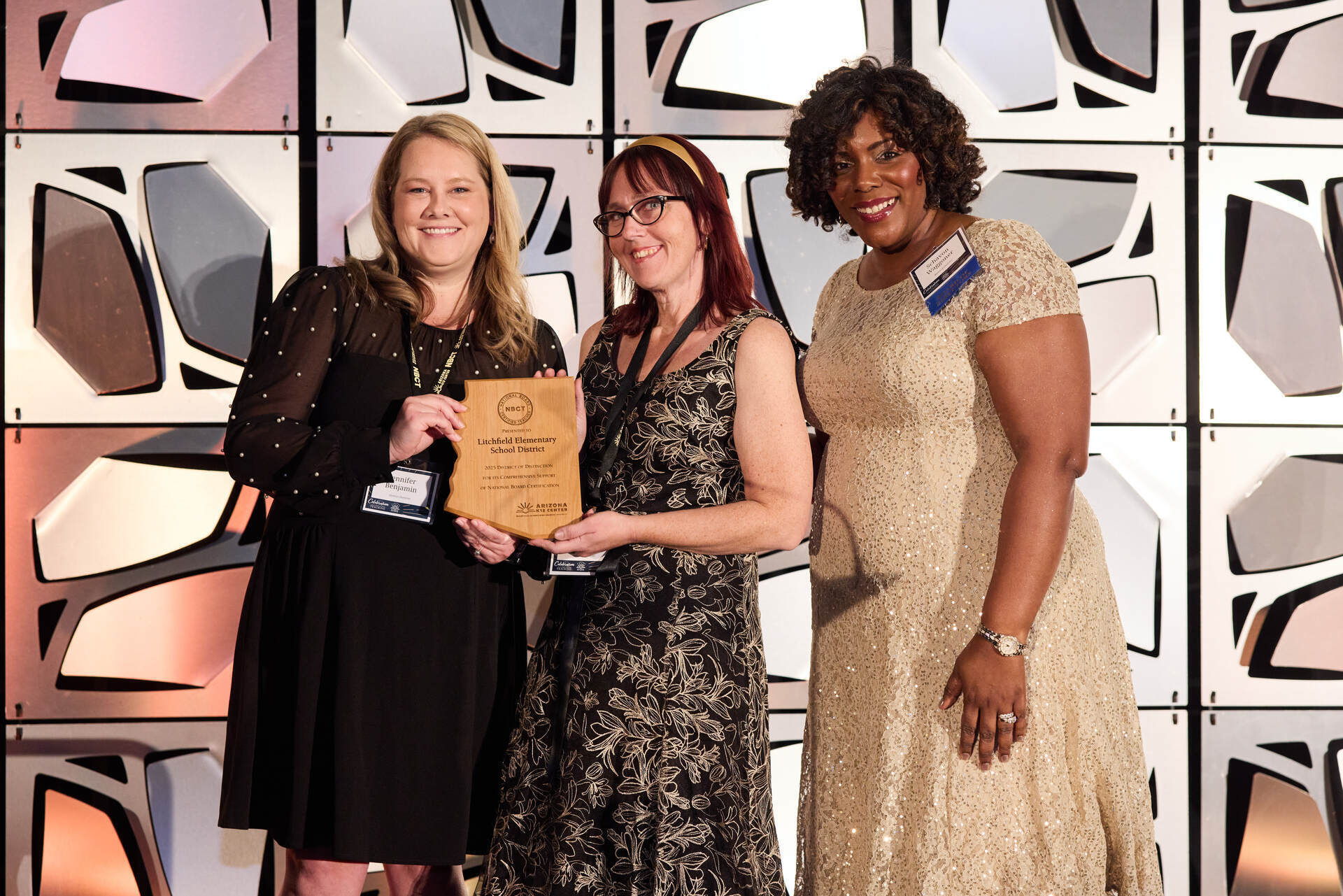July 11, 2018
Teamwork, Solutions, and the Seemingly Insurmountable
Centered: The Arizona K12 Center’s Executive Director, Dr. Kathy Wiebke, offers her education insights in this monthly column.
Like many, I was shocked to learn about the discovery of 12 boys and their soccer coach stuck in a cave. My initial reaction was something to the effect of, “Who in their right mind would venture down into a cave like this?” But then, I remembered the inquisitive nature of people — especially young boys — wanting to discover new places.
When I first heard the story, my mind raced to the worst-case scenario. After all, it’s rainy season in Thailand and showers in very small places build up fast. With a group of boys who did not know how to swim in a place consumed with darkness, like many, I did not have much hope. When one of the first rescuers died, I understood the grim reality in front of this group of ordinary people working against time to save the lives of 13 strangers.
As news coverage continued, I saw foreigners from all different countries coming together to save these boys. I saw innovators and leaders stepping up to see what they could do to help solve the problem. How do you extract 13 people who have been trapped in a cave for two weeks? How do you fight against the elements of Mother Nature to save the lives of these young people? How do you teach 13 people to swim and scuba in mere hours?
When I heard the reports of the first boys emerging from the cave I was elated. I couldn’t believe it. Would they be able to do the same for the others? And, why can’t they go back in and get the rest right away? These were my questions and I am sure the same of many others who watched the news unfold.
Then, I thought, you have to trust the expertise of those closest to the problem. They have an end goal. Let them do their work. They know what they are doing … certainly more than this armchair quarterback knew hundreds of thousands of miles away.
Today, the final group of boys and their coach were rescued. Equally important, all the rescuers safely emerged from the caves, as well. It is an amazing triumph.
As I watched the news coverage, what I witnessed was teamwork at its finest. They used the expertise of many to solve an extremely complex problem that I suspect most thought was insurmountable. As I read reports of their rescue, I marveled at the collaboration of the diverse team with a common goal — saving the lives of 13 strangers.
While the problems facing our schools are not ones that present themselves as immediate, life or death situations, they still have dire consequences for some of our most vulnerable and marginalized populations. Like those who worked together to rescue the 13 people stuck in a cave, we need leaders and innovators with expertise to find solutions by working together. We have significant problems facing our schools, many of them not of our doing. Nevertheless, we need to rally around and seek solutions. Solutions to complex problems come from trusting the expertise of those closest to the problem, a willingness to accept help from people afar, and a desire to be part of the solution. Like the 13 people stuck in a cave, our children are counting on us.











